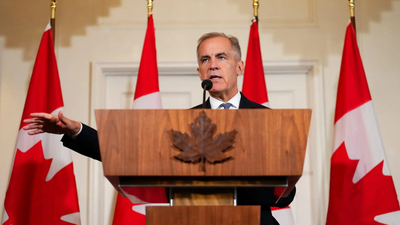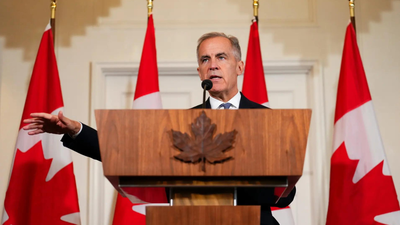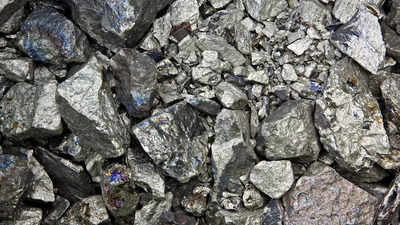Canada inflation rises: CPI hits 2.4% in September amid rising food prices; Mark Carney optimistic on US tariff talks

Canada’s annual inflation rate climbed to 2.4 per cent in September, slightly above analysts’ expectations, driven by rising grocery prices and moderated declines in gasoline costs, official data showed Tuesday.According to Statistics Canada, food prices rose 3.8 per cent year-on-year, marking the largest increase since April 2024, while gasoline prices declined less than in the same period last year. Excluding gasoline, the Consumer Price Index (CPI) increased 2.6 per cent. Shelter costs, particularly rents, also contributed, with a 4.8 per cent jump in September, taking overall shelter inflation to 2.6 per cent, according to Reuters.Economists highlighted that core inflation measures remained elevated. The CPI-median stayed at 3.2 per cent, while the CPI-trim edged up to 3.1 per cent, reflecting broad-based price pressures.According to news agency AFP, Prime Minister Mark Carney noted that the government was in “intensive” talks with the United States to reduce sectoral tariffs on steel, aluminum, and energy that have affected Canadian businesses and consumers. While about 85 per cent of cross-border trade remains tariff-free under the USMCA, Trump’s global tariffs have pressured key sectors, particularly steel, aluminum, and autos, leading to job losses and higher input costs. Carney expressed cautious optimism about a potential breakthrough in steel and aluminum, while noting that US auto tariffs remain a risk for Canada, as per AFP.The rise in prices comes ahead of the Bank of Canada’s next policy meeting later this month, with money markets pricing in a strong probability of a 25-basis-point rate cut to 2.25 per cent, aimed at supporting a slowing economy. Analysts have emphasised that despite inflationary pressures, the Canadian economy is weak and in need of monetary support, highlighting the delicate balance policymakers face.Consumers and businesses alike have felt the impact of tariffs and inflation. Canadian grocery stores, heavily reliant on US imports, have raised prices in response to trade measures, while broader sectoral tariffs have amplified costs across steel, aluminum and automotive industries.






